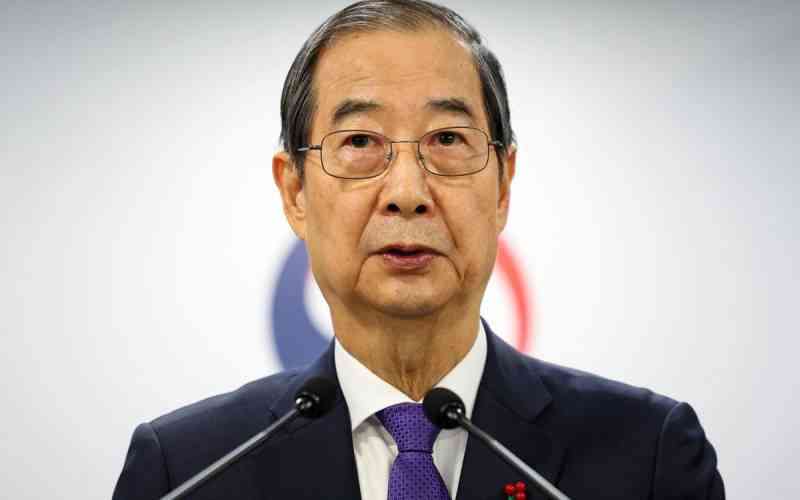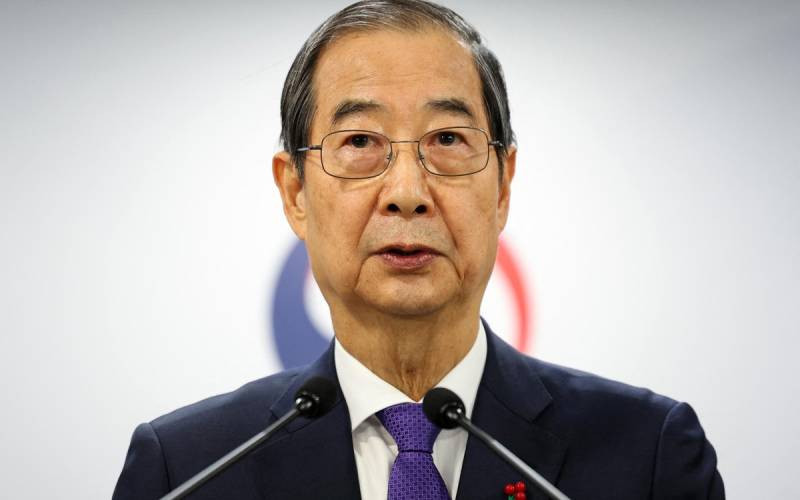The CEO’s job is becoming more and more complex, which has led to lots of transformation in this role. Some CEOs maintain their role as leaders and strategic thinkers of their organisations, while others have given up the role of strategic thinking to consultants or executives.
This begs the question, can a CEO lead an organisation without being the mastermind of its strategic direction?
To answer this, consider having a boss who doesn’t understand the strategy behind what you do to deliver value for your organisation. You will have at least two major roles: one, to deliver for your organisation; two, to explain to your boss the strategic implications of what you do. But if the boss is also the custodian of strategy, you only need to deliver.
So can a CEO be a leader but not a strategic thinker, or are the two attributes joined at the hip?
According to the Harvard Business Review, in today’s business world, CEOs have less and less time to devote to strategy planning and execution.
As a result, some CEOs appoint ‘chief strategy officers’ (CSOs), who are executives specifically tasked with creating, communicating, executing and sustaining a company’s strategic initiatives. What, then, is the work of such CEOs?
One can explain that they remain leaders. But what does it mean to be a leader? It has nothing to do with one’s title or what’s on your business card or how old you are or how many people report to you. Being a leader has everything to do with whether you have followers and if you’re taking them anywhere.
There are three tips that guide one in knowing whether one is a leader or not.
First, to be a leader, you have to have followers. You have to have people who are willing to come along with you and go where you’re going. If you don’t have followers, you are simply taking a walk. For instance, as a CEO, if you work towards your 2015-2020 vision without your team, you will end up there alone and its obvious that the expected results will not have been achieved.
Second, just because you’re in front doesn’t mean you’re a leader. If you don’t provide a vision, if you’re not taking people to a destination, then you’re not leading anybody. As a leader, your job is to make sure you know where you are taking your people, instead of pushing them off the cliff because it is the path of least resistance.
Third, you have to be more concerned with your mistakes of omission than of commission. Sometimes we think it’s safer if we don’t do anything, but it’s better to make a mistake and learn from it. In a mistake of omission, nobody knows what could have been. If you don’t want to be a lame leader, you have to find a way to take action, to stop waiting and to make things happen.
Vision and values
How, then, is it possible for CEOs to give up their role of creating, communicating, executing and sustaining a company’s strategic initiatives, and hand this over to a CSO just because they have little time? If they don’t have time to provide leadership through their vision, then what is their worth to the organisation. This is why strategic leadership is critical.
So, what is strategic leadership?
It is about transforming an organisation through its vision and values, culture and climate, structure and systems, as well as through its strategy.
Stay informed. Subscribe to our newsletter
In doing so, managers and executives can establish greater clarity, make stronger connections and expand their leadership repertoire — and contribute to their organisations’ well-being. They must also think strategically and navigate the unknown effectively.
In this regard, those who call themselves leaders need to be strategic at the same time. This can be achieved by developing the right networks to see opportunities before competitors do, be able to challenge theirs and others’ assumptions, get diverse group to buy into a common vision and learn from mistakes.
The writer is senior lecturer, strategy and execution, and academic director, MBA programmes, Strathmore Business School.
[email protected]
 The Standard Group Plc is a
multi-media organization with investments in media platforms spanning newspaper
print operations, television, radio broadcasting, digital and online services. The
Standard Group is recognized as a leading multi-media house in Kenya with a key
influence in matters of national and international interest.
The Standard Group Plc is a
multi-media organization with investments in media platforms spanning newspaper
print operations, television, radio broadcasting, digital and online services. The
Standard Group is recognized as a leading multi-media house in Kenya with a key
influence in matters of national and international interest.
 The Standard Group Plc is a
multi-media organization with investments in media platforms spanning newspaper
print operations, television, radio broadcasting, digital and online services. The
Standard Group is recognized as a leading multi-media house in Kenya with a key
influence in matters of national and international interest.
The Standard Group Plc is a
multi-media organization with investments in media platforms spanning newspaper
print operations, television, radio broadcasting, digital and online services. The
Standard Group is recognized as a leading multi-media house in Kenya with a key
influence in matters of national and international interest.









